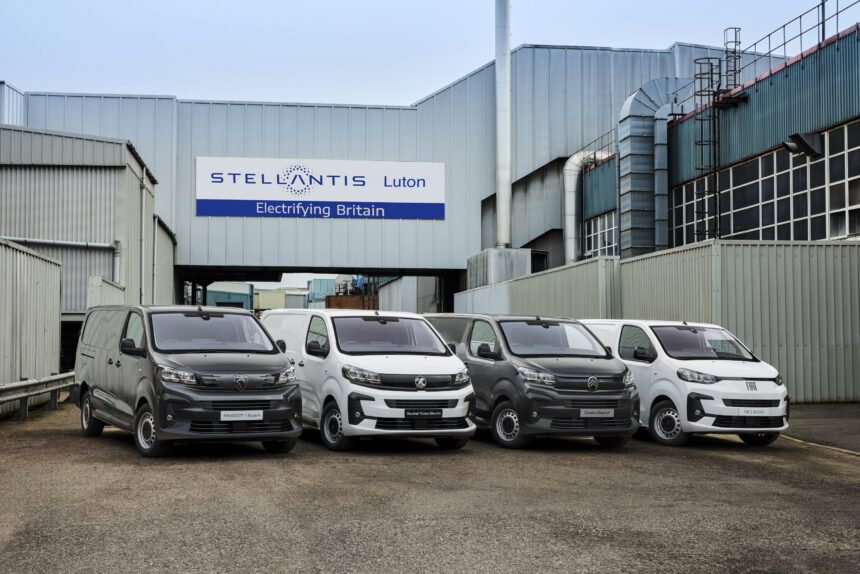Vauxhall’s Luton Factory Sold to Property Firm Goodman for Redevelopment
Vauxhall‘s historic Luton factory has been sold to property firm Goodman, marking the end of 120 years of production at the site. Goodman has announced plans to redevelop the Bedfordshire site into an industrial park, with an investment of £400 million earmarked for the transformation. The project is expected to create around 1700 new jobs, breathing new life into the area.
The redevelopment work is scheduled to be completed within the next three years, bringing a fresh chapter to the site that has played a significant role in the automotive industry for over a century.
This development follows the recent closure of the factory, where the final vehicle – a Vauxhall Vivaro van – rolled off the production line. The decision to shut down the commercial vehicle manufacturing plant was made by Vauxhall owner Stellantis, who announced the move in November 2024. As part of the restructuring, all van production will now be consolidated at the company’s Ellesmere Port facility in Cheshire.
Former Stellantis chief Carlos Tavares cited challenges posed by the UK government’s zero-emission vehicle (ZEV) mandate as a key factor in the decision to close the Luton plant. Tavares emphasized the need to streamline operations and increase production efficiency to meet the evolving ZEV targets, which are set to rise to 26% this year.
As part of the transition, all machinery from Luton will be transferred to Ellesmere Port, where significant investments will be made to accommodate the additional workload. While the closure put 1100 jobs at risk, Stellantis has assured that several hundred roles will be relocated to Ellesmere Port. Workers affected by the closure have been offered support through consultations, retraining opportunities, and potential job placements at neighboring businesses.
Following the closure announcement, union representatives urged Stellantis to reconsider its decision, particularly in light of Tavares’s sudden resignation. The union called for a reevaluation of the closure, emphasizing the need for a new CEO and a fresh direction for the company.





